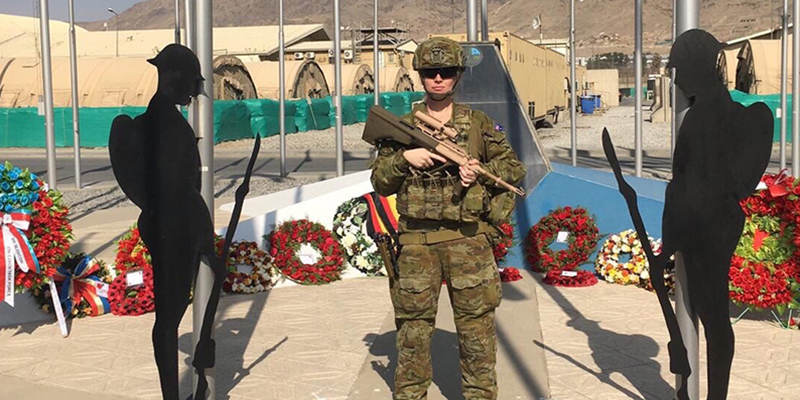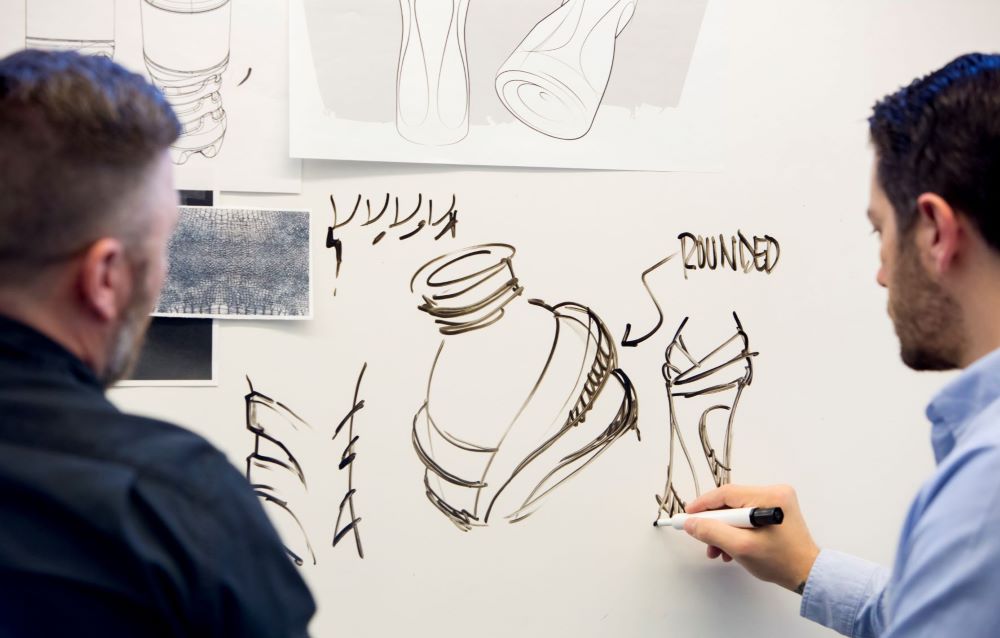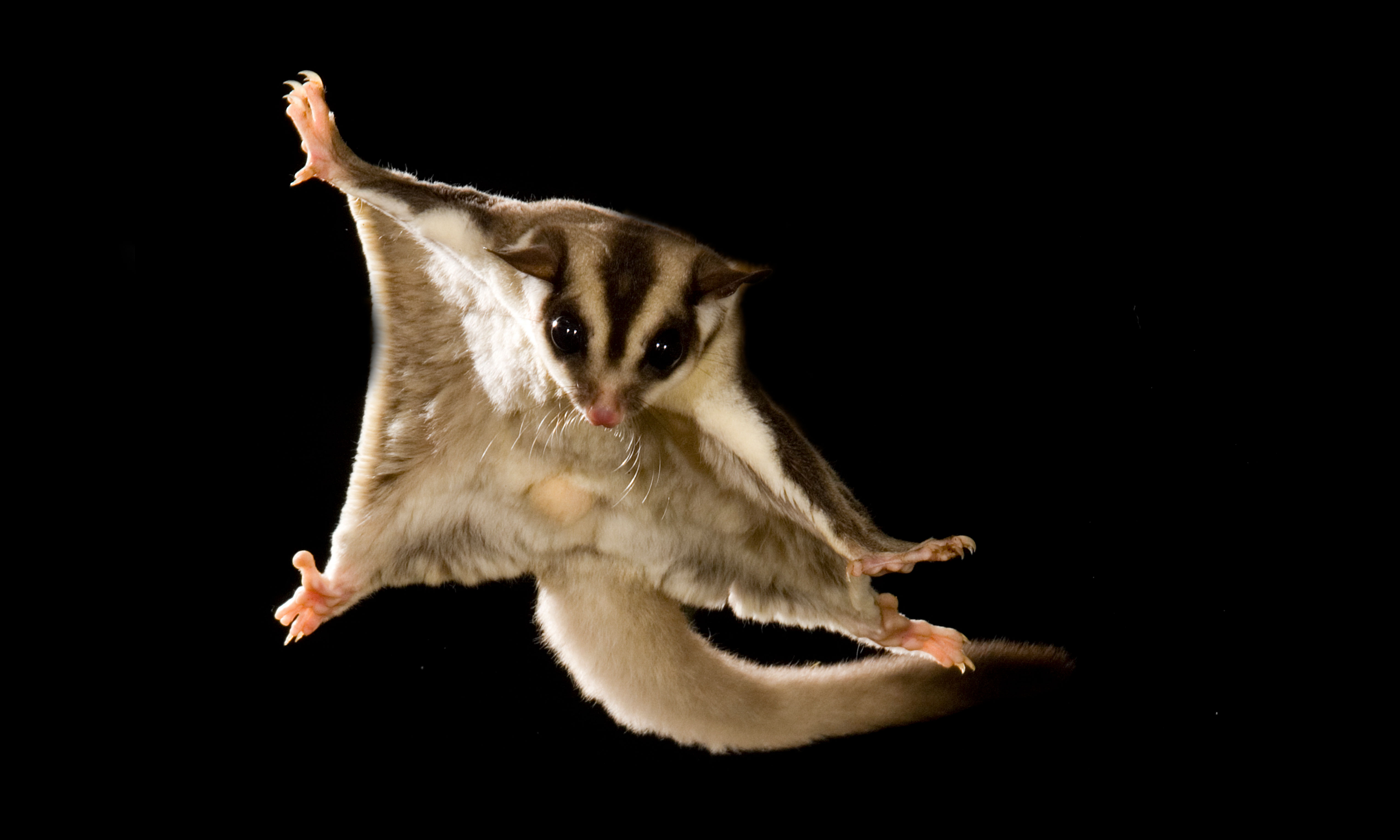Research is blooming at The Australian National University (ANU). Four academics, Dr Tristan Reekie, Dr Larissa Schneider, Dr Aparna Lal and Dr Anna Olsen, have been recognised with prestigious ACT Young Tall Poppy Science Awards.
The awards honour up-and-coming scientists who combine world-class research with a passionate commitment to communicating science. It aims to encourage scientists from a variety of backgrounds to follow in the footsteps of previous outstanding achievers.
Dr Tristan Reekie is an undergraduate convenor and outreach coordinator in the field of organic chemistry and medicinal chemistry.
Dr Reekie designs and constructs new molecules with the aim of treating sickness, focussing on diseases of the brain. His research utilises organic chemistry to invent new ways to make molecules with therapeutic potential.
“My work into the treatment of diseases of the brain is incredibly important to me because of the real-world impact that I can have from my work. It motivates me and has me excited to come to work every day,” he said.
“Public engagement is so important to keep people informed, whether through a young student beginning their science journey or communicating my research, encouraging science for everyone is so critical.
“That is why the Young Tall Poppy award means so much to me, it is recognition for my research but also my efforts in engaging the community in science more broadly.”
Dr Larissa Schneider studies lake sediment cores that contain pollution to understand how the natural cycle of metals and the environment has been affected by industrialisation.
Her work has direct implications to people’s health through determining the quality of the environment, such as clear air to breathe and safe water to drink. Dr Schneider regularly engages in media and community forums to bring attention to the looming threat of metal contamination in the Australian environment.
“This award for me means my hard work and extra miles I have gone through made a difference in the scientific world and community,” Dr Schneider said.
“It emphasised the importance of being open to learning from those around me and not stopping until I can make an impact.
“This award also means that science is evolving towards a fairer working culture. As a female researcher from Brazil, a developing country, it is quite motivating to be recognised for such a prestigious award, demonstrating the equality and diversity that science is moving towards.”
Dr Anna Olsen works to combine practical and critical approaches to public health in areas such as pill testing, drug use, domestic and family violence and Aboriginal and Torres Strait Islander Health.
“Drug policy is heavily politicised, there are many divergent opinions and strong emotions. Especially when it comes to the tragic deaths of people who consume drugs,” she said.
“I aim to provide evidence on how to better prevent harms from drug use, in particular, improving the human aspects of health services.”
Dr Aparna Lal has a multidisciplinary science background in public health and wildlife science and ecology. She is committed to helping young people understand the connection between environment and health.
“Now more than ever it is important for us to work across sectors and disciplines, be inclusive of a wide array of perspectives and create solutions that will benefit the environment and our health,” she said.
“I was born and grew up in India and I have three young children. The Award for me is a celebration of many early career scientists like myself as well as a time for action, when we can further diversify the voices and experiences for more inclusive leadership.”
Learn more about the “Tall Poppies”, an initiative of the Australian Institute of Policy and Science, here.







